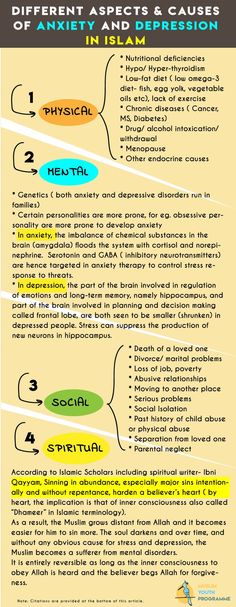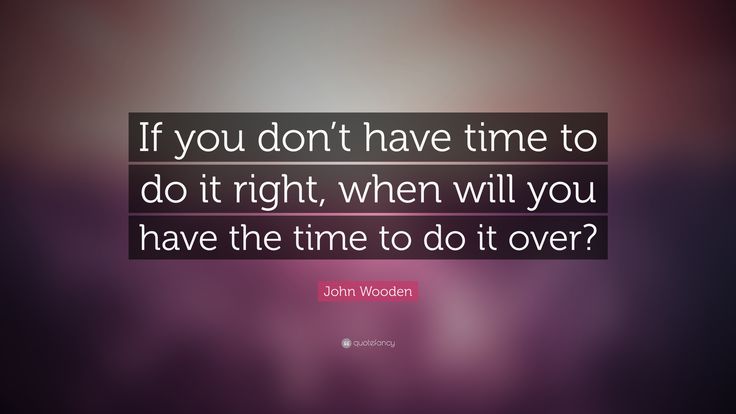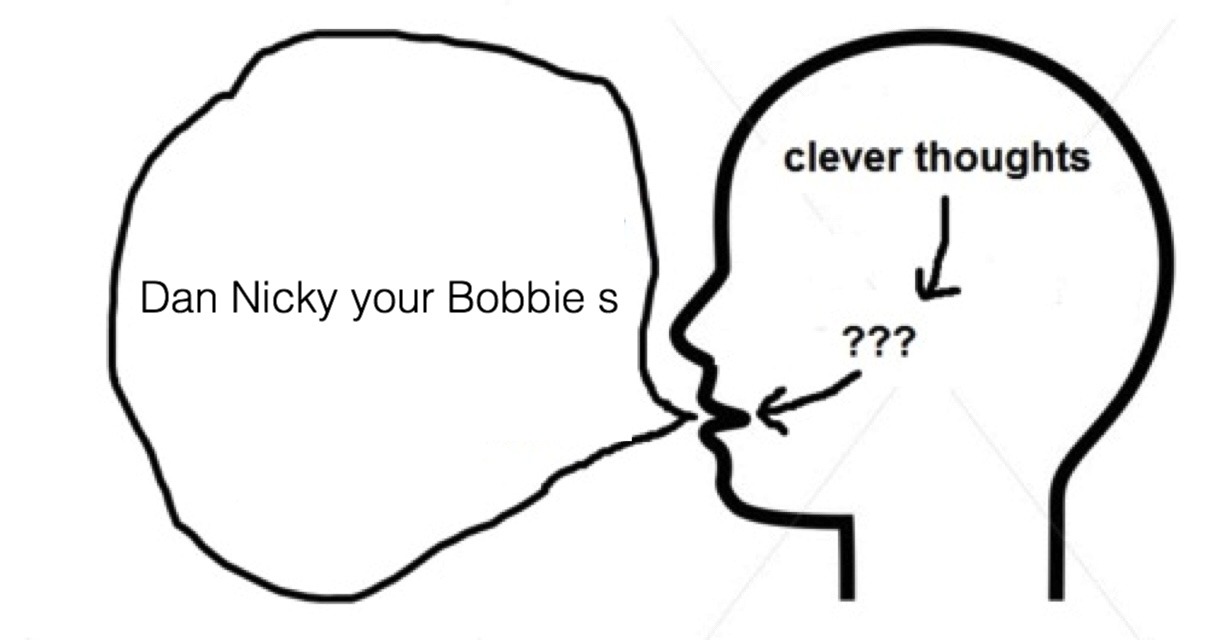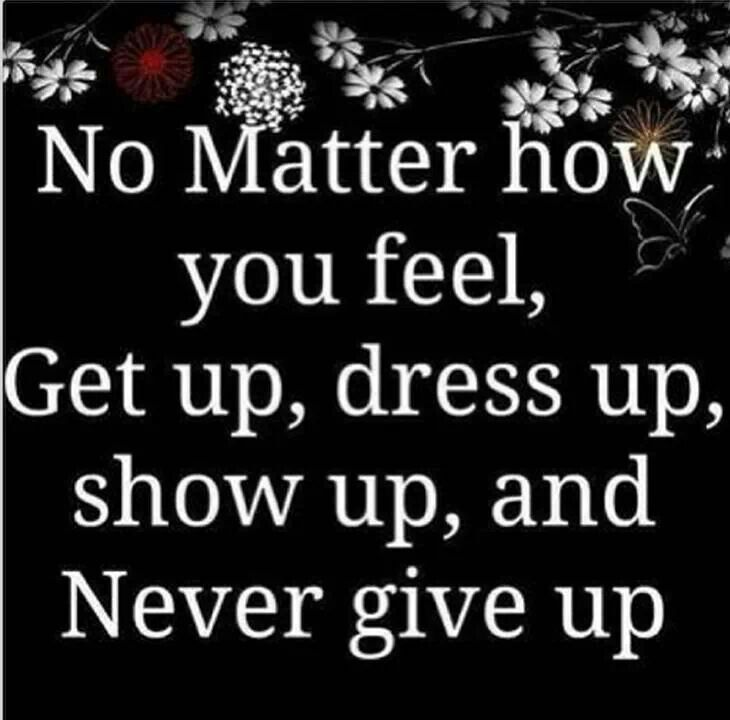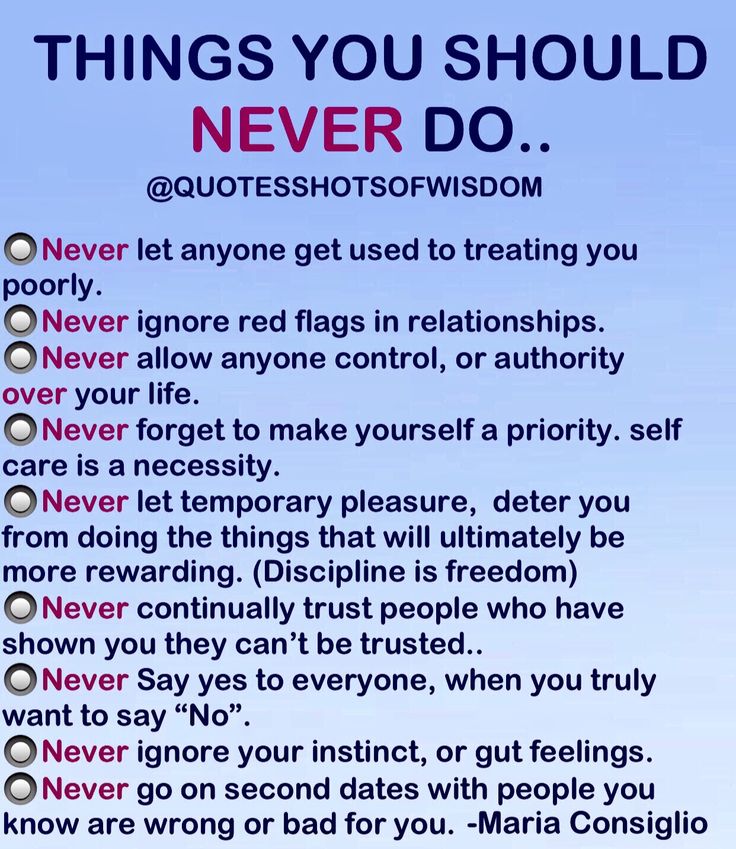Facebook causes anxiety
Facebook and Mental Health: Is There a Link?
You open the app to check what’s new on Facebook. As you scroll down through news and friends’ captured experiences, you start to feel restless and uneasy. Where is this anxiety coming from?
When Facebook first launched about 17 years ago, it intended to connect people. And for the most part, it has done just that over the years.
Around 69% of U.S. adults use Facebook. Among them, 7 in 10 do so every day, and 49% visit the site several times a day.
But connecting people has consequences, and not all of them could be perceived as positive. Are symptoms of anxiety and depression two of them?
Ravi Chandra, MD, a psychiatrist and writer in the San Francisco area, says there are several studies that correlate symptoms of sadness, anxiety, and depression with Facebook use. Some of these, he says, imply causality.
“I wrote in my book ‘Facebuddha’ that we look at people’s wit, accomplishments, humblebrags, and so forth while we are stuck in our pajamas, looking at a computer screen,” says Chandra of social media use.
How does that make you feel? Everyone is different, and we don’t react to events in the same way. However, some studies point toward a potential link between Facebook use and certain mental health symptoms in some people.
For example, a 2015 study showed that spending time on Facebook viewing other people’s posts without interacting may increase your chance of developing social anxiety symptoms. Another study indicated that exposure to social content on Facebook news feeds had negative effects on self-esteem as well as depression symptoms.
Research also shows that the more time someone spends on Facebook, the higher chance they have of experiencing depressive symptoms. This relationship, however, seems to be mediated by the tendency to compare oneself to others. Even though the study found that this correlation applies to the general population, it seemed more evident among college students.
The question is, does Facebook cause these problems or does it exacerbate them?
Causation versus correlation
Causation means A causes B, or B is the product of A.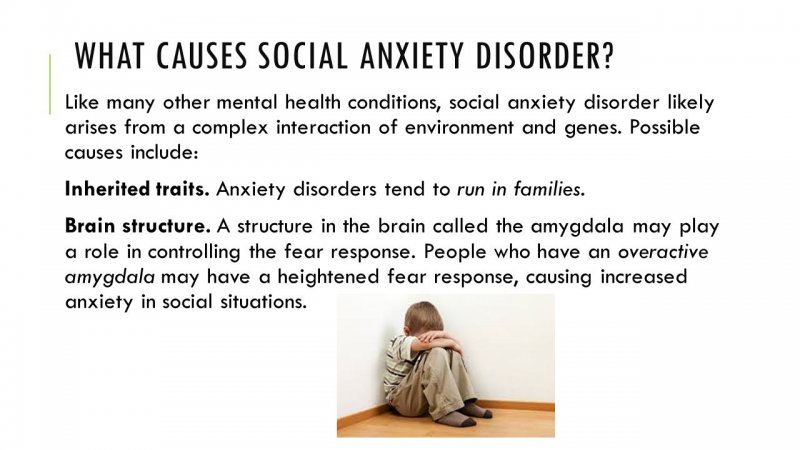 On the other hand, correlation implies there is a relationship between A and B, but not necessarily a cause-effect link. In other words, when two factors are correlated, they may be present at the same time, but this could be due to chance or to a third variable causing both A and B.
On the other hand, correlation implies there is a relationship between A and B, but not necessarily a cause-effect link. In other words, when two factors are correlated, they may be present at the same time, but this could be due to chance or to a third variable causing both A and B.
Although many studies have looked at the causal effect of Facebook use on mental health, some may have had limitations that affected the results.
A 2019 systematic review, for example, analyzed 13 studies on the topic. Although researchers found a correlation between Facebook use and increased symptoms of anxiety, depression, and psychological distress, they also noted important methodological limitations in the designs and participant samples.
“There is causation, which requires directional evidence. The latter has not been adequately investigated in this topic, and we must, therefore, state that the relationship is correlational but not conclusively causative,” they concluded.
Researchers continue to consider that more evidence is needed before a causal relationship between Facebook and depression or anxiety can be confirmed.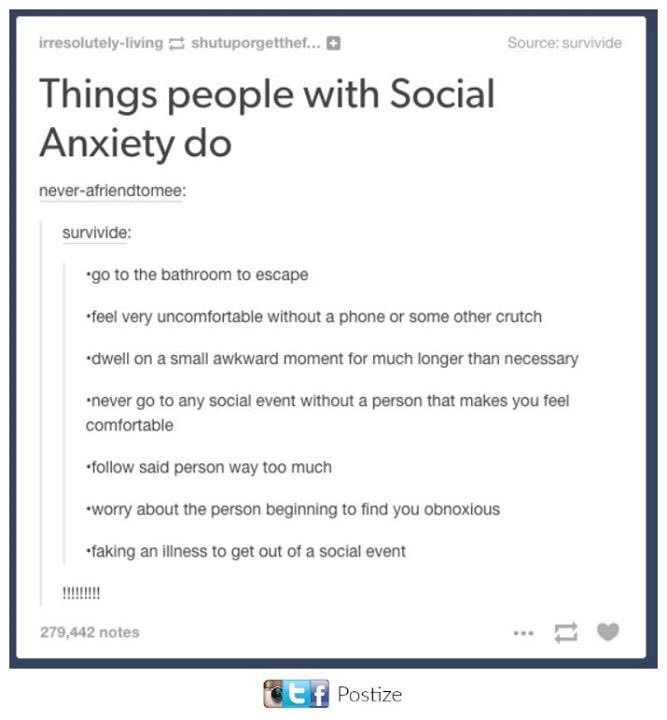
Why you’re on Facebook may affect how you feel about it
A person’s reasons for using Facebook, and who they’re connected with, might also play a role in the effect their Facebook use has on their mental health.
For instance, someone who uses Facebook only to connect with close friends and family may visit the site to share and enjoy updates from those they love. These may lead them to experience less Facebook-induced anxiety or depression compared to users who might focus on reading news or following influencers and people they don’t know in person.
Similarly, if Facebook is your main source of social interaction, you may experience anxiety or depression based on how often people interact with you on this social platform. This could be particularly the case if you’re seeking social support.
“People in distress often turn to Facebook, but their results of subjective support vary,” says Chandra.
It could become a vicious cycle. You may turn to Facebook to find support and human connection, but the more you use it, the higher the chance you stay away from face-to-face interactions.
“Real world social interactions are correlated with improved well-being, and Facebook use tends to take us away from that,” explains Chandra.
In time, Facebook may become your go-to interaction when feeling down.
“We’re not just ‘doomscrolling,’ we are ‘moodscrolling.’ We click on social media to pass the time, typically when we’re bored or lonely,” says Chandra.
The COVID-19 pandemic has created unique social circumstances. As face-to-face connection had to be limited, social media interactions became a necessity and only resource for many.
“Certainly, the internet and social media has been a significant source of connection for many people during the pandemic,” Chandra said.
But as many people turned to social media to stay in contact with loved ones, they were also exposed to other types of information.
As the new coronavirus spread around the world, so did the news about its origin and reach, potential treatments, and the effectiveness of the vaccine.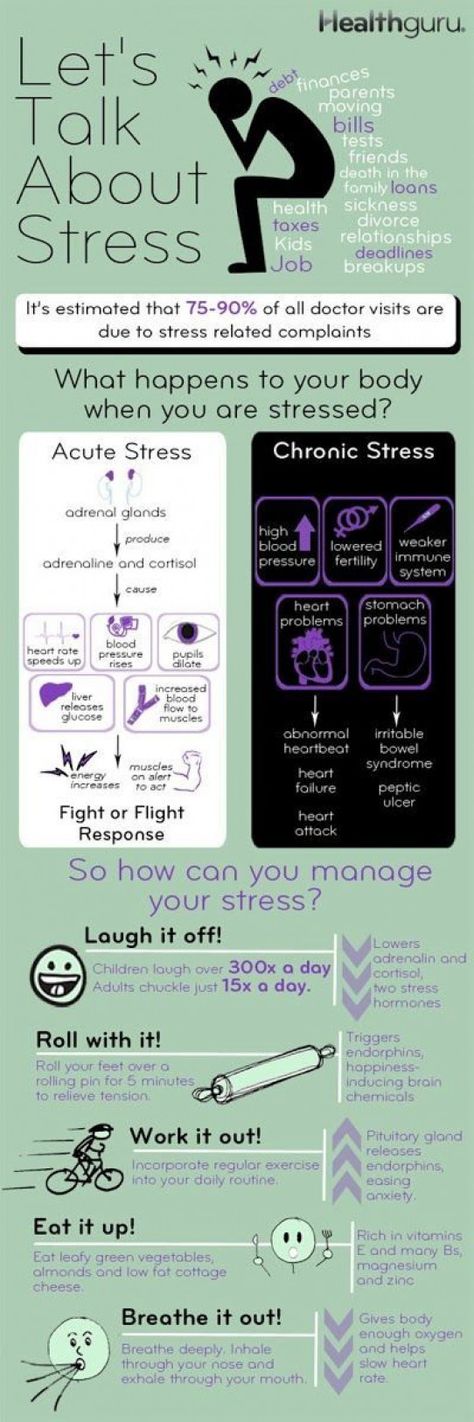 The abundance of information, including fake news, could affect your experience while using social media.
The abundance of information, including fake news, could affect your experience while using social media.
Seeing others react to news, whether real or not, may also influence your reactions. In some cases, it could lead to panic-induced behaviors.
Chandra says the negative effects of Facebook use can be especially detrimental to those who are already susceptible.
Also, some of the platform’s features may allow users to spend more time focusing on images, communication feedback, and comparisons to other people’s lifestyles and interactions.
Research about social media use in teens suggests that adolescents who’ve already received an anxiety diagnosis may see an increase in the severity of their symptoms. In this case, some participants said the Facebook use led them to compare themselves to others. This, in turn, increased symptoms of anxiety.
Some studies also suggest that those who already live with symptoms of depression may experience an increase in their intensity or frequency.
If Facebook use is impacting how you feel, you may be:
- noticing a change in your mood during or after Facebook use, even if you can’t pinpoint the exact trigger
- questioning your real-world relationships based on interactions that happen online
- finding yourself more interested in online interactions than face-to-face connections
- experiencing negative thoughts toward yourself or others when scrolling Facebook or immediately after logging off
- increasingly comparing yourself and your life to what you’ve observed on Facebook
- feeling frightened, irritable, sad, or defeated because of news you view on Facebook
If you’ve noticed that Facebook use is negatively impacting your mental health, there are a few things you could consider doing to feel better.
Take a break
“Deactivating Facebook for 1 to 4 weeks leads to improvements in subjective well-being, and also a ‘decreased valuation of Facebook,’” says Chandra. “In other words, taking time away from Facebook leads people to de-emphasize Facebook’s importance in their lives.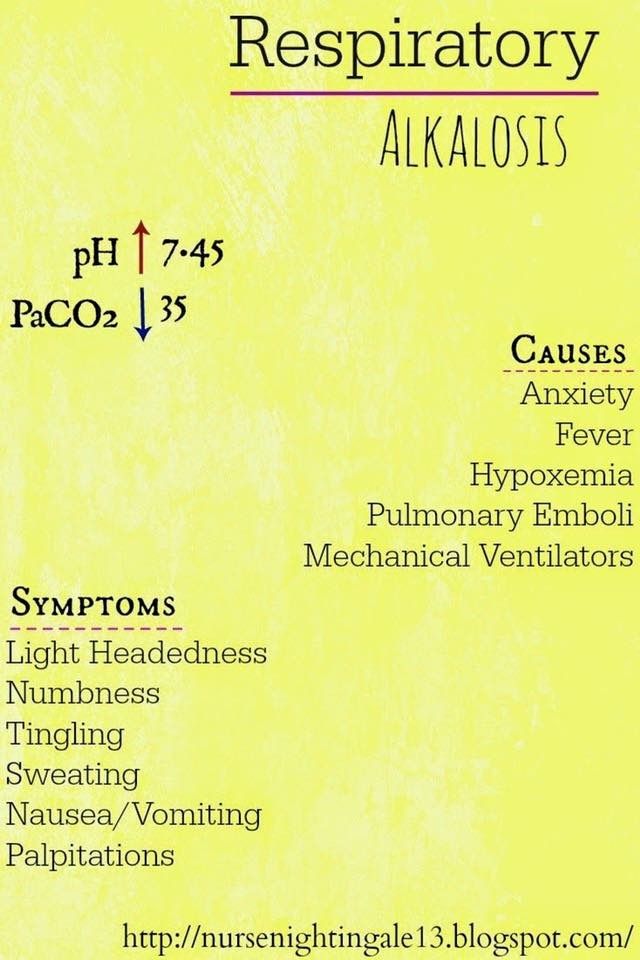 ”
”
Indeed, research has found that taking a Facebook break reduces distress levels and allows people to reset.
Connect in real life
Social connections help us to stay grounded.
If you’re feeling the negative impacts of Facebook use, you may want to reach out to a friend or family member you can visit in real life. This face-to-face interaction may help recharge you.
Journal
Research has found that a daily practice of journaling, and in particular positive affect journaling (PAJ), can help to improve levels of well-being and reduce anxiety and depression symptoms.
Get active
Research finds that engaging in physical activity may help reduce symptoms of generalized anxiety. The endorphins produced by moving your body are a great way to reduce stress and reset your headspace.
Get outside
Similarly, research has found that just 2 hours of outdoor activity each week can help you feel better. Exposure to sunshine may also improve your mood.
Facebook use may offer great resources, like the ability to connect with loved ones and have a diverse source of news.
However, it could also be related to experiencing symptoms of anxiety and depression, particularly if you already live with these.
You can manage the effects of Facebook on your mental health with a few practical changes in your routine and social media use habits. But, if you feel you’re having a difficult time, it may be a good idea to seek the counsel of a mental health professional. These resources may help:
- American Psychiatric Association’s Find a Psychiatrist tool
- American Psychological Association’s Find a Psychologist tool
- Asian Mental Health Collective’s therapist directory
- Association of Black Psychologists’ Find a Psychologist tool
- National Alliance on Mental Illness Helplines and Support Tools
- National Institute of Mental Health’s Helpline Directory
- National Queer and Trans Therapists of Color Network
- Inclusive Therapists
Here’s How Social Media Affects Your Mental Health
The social media platform Instagram made headlines last year for suppressing likes in an effort to curb the comparisons and hurt feelings associated with attaching popularity to sharing content.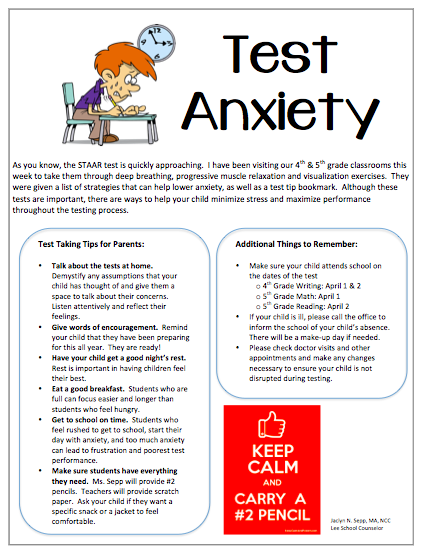 But do these efforts combat mental health issues, or are they simply applying a band-aid to a wound?
But do these efforts combat mental health issues, or are they simply applying a band-aid to a wound?
It’s a small step in the right direction, says Jacqueline Sperling, PhD, a psychologist at McLean Hospital who works with youth who experience anxiety disorders, about Instagram’s recent restriction.
“Even if you remove the likes, there continue to be opportunities for comparisons and feedback. People still can compare themselves to others, and people still can post comments.”
Keep Reading To Learn
- Why we keep going back to social media
- The impact of social media on our mental health
- Tips for healthy social media use in adults and teens
The Risks for the Reward
Social media has a reinforcing nature. Using it activates the brain’s reward center by releasing dopamine, a “feel-good chemical” linked to pleasurable activities such as sex, food, and social interaction. The platforms are designed to be addictive and are associated with anxiety, depression, and even physical ailments.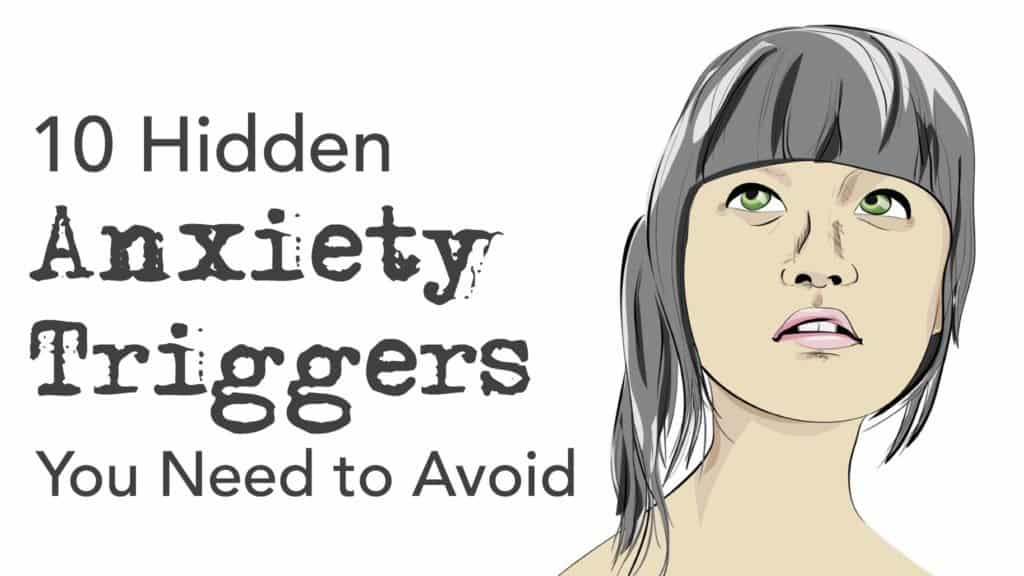
According to the Pew Research Center, 69% of adults and 81% of teens in the U.S. use social media. This puts a large amount of the population at an increased risk of feeling anxious, depressed, or ill over their social media use.
But what makes users come back for more even when it can literally make them feel sick?
“When the outcome is unpredictable, the behavior is more likely to repeat. Think of a slot machine: if game players knew they never were going to get money by playing the game, then they never would play,” Sperling says.
“The idea of a potential future reward keeps the machines in use. The same goes for social media sites. One does not know how many likes a picture will get, who will ‘like’ the picture, and when the picture will receive likes. The unknown outcome and the possibility of a desired outcome can keep users engaged with the sites.”
Is It Time To Power Down?
Are you spending too much time on your devices? Is your social media feed stressing you out? Learn how to spot the signs of screen fatigue and digital burnout.
Fight Digital Burnout
To boost self-esteem and feel a sense of belonging in their social circles, people post content with the hope of receiving positive feedback. Couple that content with the structure of potential future reward, and you get a recipe for constantly checking platforms.
When reviewing others’ social activity, people tend to make comparisons such as, “Did I get as many likes as someone else?,” or “Why didn’t this person like my post, but this other person did?” They’re searching for validation on the internet that serves as a replacement for meaningful connection they might otherwise make in real life.
FOMO—fear of missing out—also plays a role. If everyone else is using social media sites, and if someone doesn’t join in, there’s concern that they’ll miss jokes, connections, or invitations.
Missing experiences can create anxiety and depression.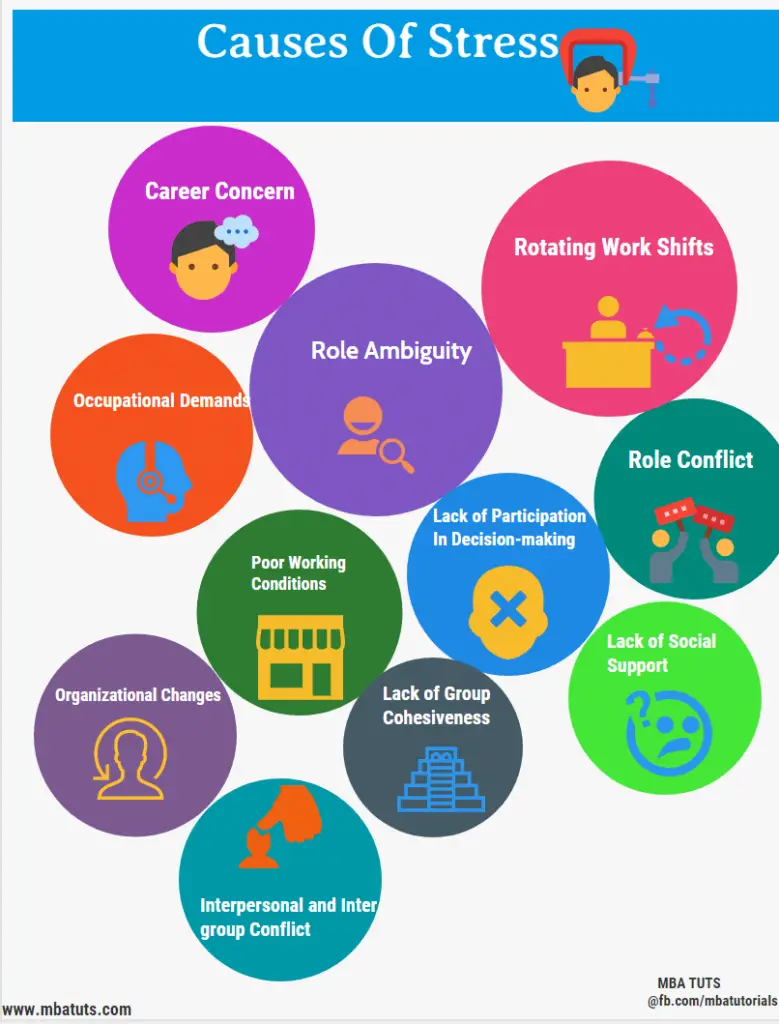 When people look online and see they’re excluded from an activity, it can affect thoughts and feelings, and can affect them physically.
When people look online and see they’re excluded from an activity, it can affect thoughts and feelings, and can affect them physically.
A 2018 British study tied social media use to decreased, disrupted, and delayed sleep, which is associated with depression, memory loss, and poor academic performance. Social media use can affect users’ physical health even more directly.
Researchers know the connection between the mind and the gut can turn anxiety and depression into nausea, headaches, muscle tension, and tremors.
Mental Health Screening
Online screening is one of the quickest and easiest ways to determine your psychological well-being.
Online Screening
The Digital Age of Vulnerability
The earlier teens start using social media, the greater impact the platforms have on mental health. This is especially true for females.
While teen males tend to express aggression physically, females do so relationally by excluding others and sharing hurtful comments.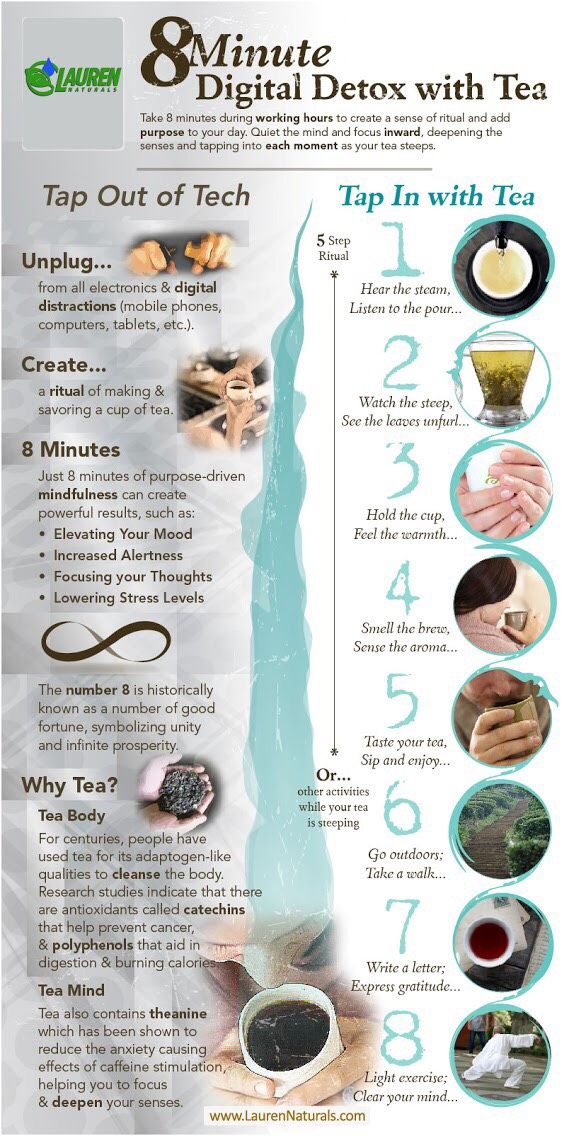 Social media increases the opportunity for such harmful interactions.
Social media increases the opportunity for such harmful interactions.
Sperling offers the example of a seventh grader whose best friend chooses a new best friend and posts pictures of the pair at the movies or on a weekend trip.
“Twenty years ago, the girl may have been excluded from her best friend’s activities, but she may not have known about it unless she was told explicitly,” Sperling says.
In addition to providing young people with a window through which they can view missed experiences, social media puts a distorted lens on appearances and reality. Facebook, Instagram, and Snapchat increase the likelihood of seeing unrealistic, filtered photos at a time when teen bodies are changing.
In the past, teens read magazines that contained altered photos of models. Now, these images are one thumb-scroll away at any given time. Apps that provide the user with airbrushing, teeth whitening, and more filters are easy to find and easier to use. It’s not only celebrities who look perfect—it’s everyone.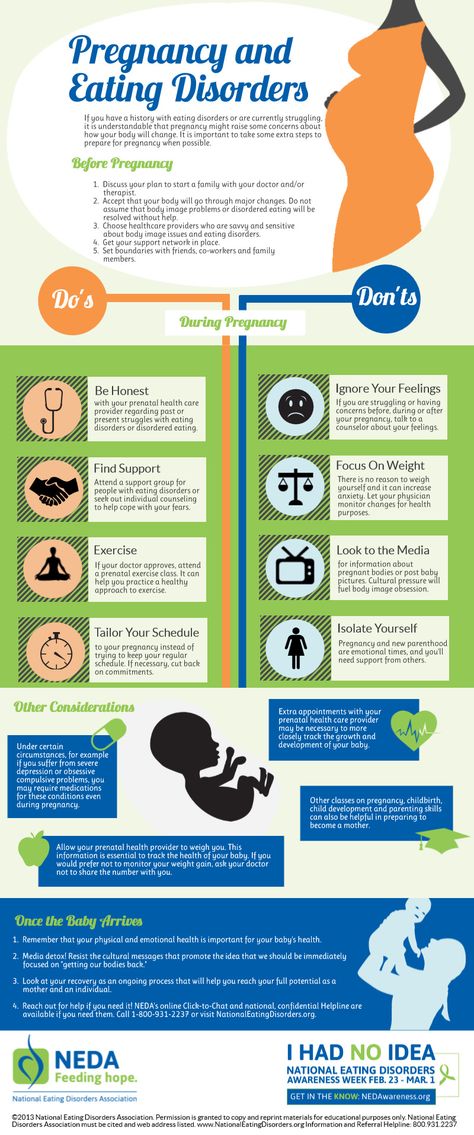
When there’s a filter applied to the digital world, it can be hard for teens to tell what’s real and what isn’t, which comes at a difficult time for them physically and emotionally.
“Middle school already is challenging for students with all of their developmental changes. As they go through puberty, they’re tasked with establishing their identity at a time when the frontal lobes in their brains are not fully developed, and there is a lack of impulse control. All of this happens while their relationships with peers become more important,” Sperling says.
“It’s a very vulnerable population to have access to something where there is no stopgap before they post or press the send button. I think that’s something of which to be mindful.”
Adults are vulnerable, too. In recent years, plastic surgeons have seen an uptick in requests from patients who want to look like their filtered Snapchat and Instagram photos.
A New York Times article that ran in June 2018 features a newlywed couple who nearly separated after their honeymoon. The reason: the wife spent more time on the trip planning and posting selfies than she spent with her husband.
The reason: the wife spent more time on the trip planning and posting selfies than she spent with her husband.
Watch Now!
Dr. Lisa Coyne talks to us about the connections between social media and mental health
How Can the Platforms Change?
Sperling acknowledges social platforms have positive aspects, such as their ability to allow people to stay in touch with family and friends around the world.
She realizes the potential pitfalls of completely banning teens from sites that have become a part of life for their generation—not just as a way for them to stay on top of recent parties and conversations but often as an expected source of announcements and news.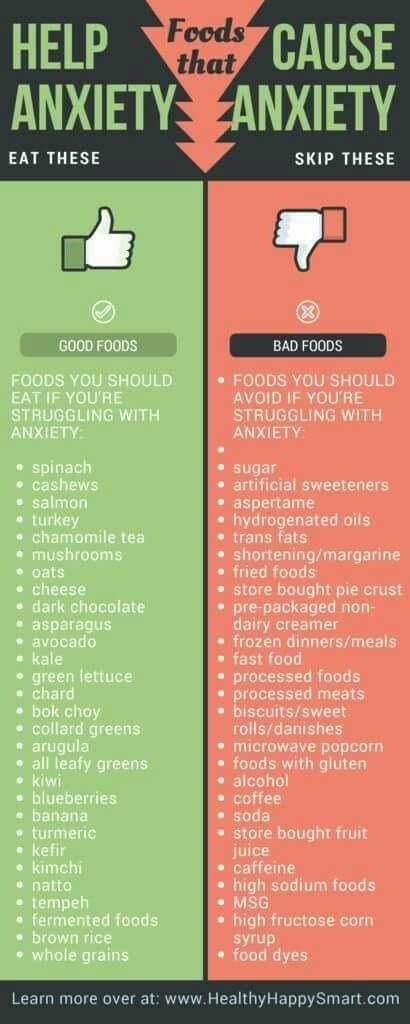
Still, she says, the platforms have opened a “Pandora’s box” as they continue to evolve more quickly than we can research their impact.
“I think we need to take a step back and look at the role technology is playing in our society as a whole, in terms of people needing instant gratification, staying home and not interacting in the community by going to local stores or to the movie theater,” she says.
“Even dating apps can decrease motivation for single adults to approach others in the community if they think they just can connect with them on an app first.”
In addition to limiting likes, as Instagram has done, Sperling suggests social platforms consider decreasing mass sharing altogether. They might function more as messaging services by highlighting one-on-one communications.
Regardless of how likely social media giants are to change their ways, though, individuals can take control of their own behavior.
Suicide: Know the Signs
The best way to prevent suicide is to talk about it and get help.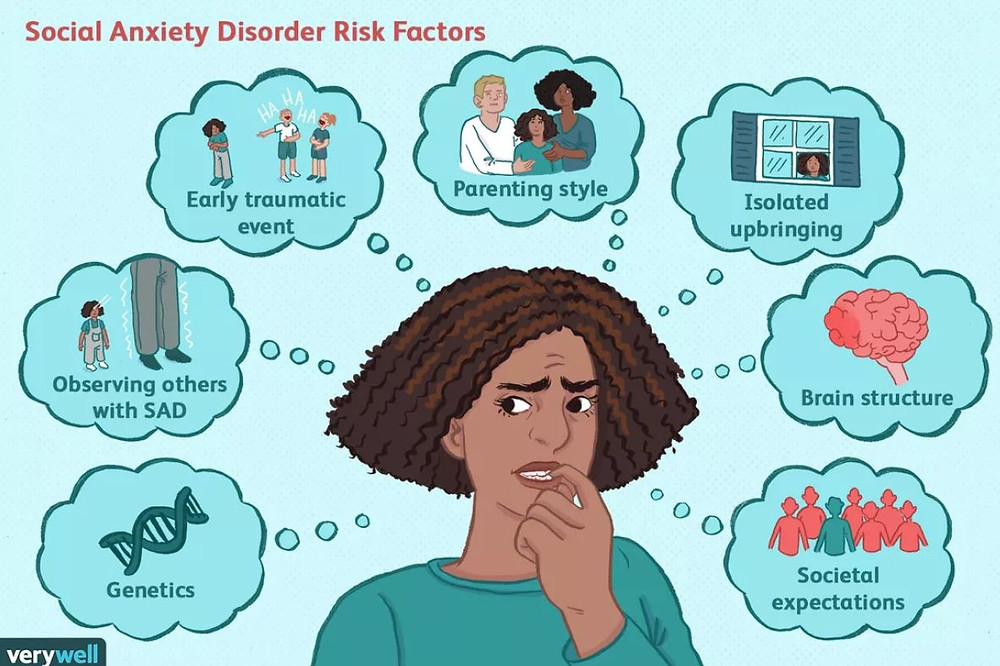
Read the Article
Distract Yourself From the Distraction
People aren’t usually motivated to change their social media use by simply hearing it’s bad for them. It’s better for individuals to see what their limits are. It’s probably unrealistic for most social media users to quit completely.
However, they can monitor their behavior to see how their use impacts them, and how to act as a result.
Michelle knows this all too well. When she was initially treated for anxiety, her therapist asked her if she was active on social media, and she said yes. “It turns out that a lot of my anxiety and impostor syndrome is made worse when I’m online.”
A person experiences impostor syndrome when feeling chronic self-doubt and a sense of being exposed as ‘a fraud’ in terms of success and intellect.
“Whether it’s another pretty vacation or someone’s bouquet of flowers, my mind went from ‘Why not me?’ to ‘I don’t deserve those things, and I don’t know why,’ and it made me feel awful.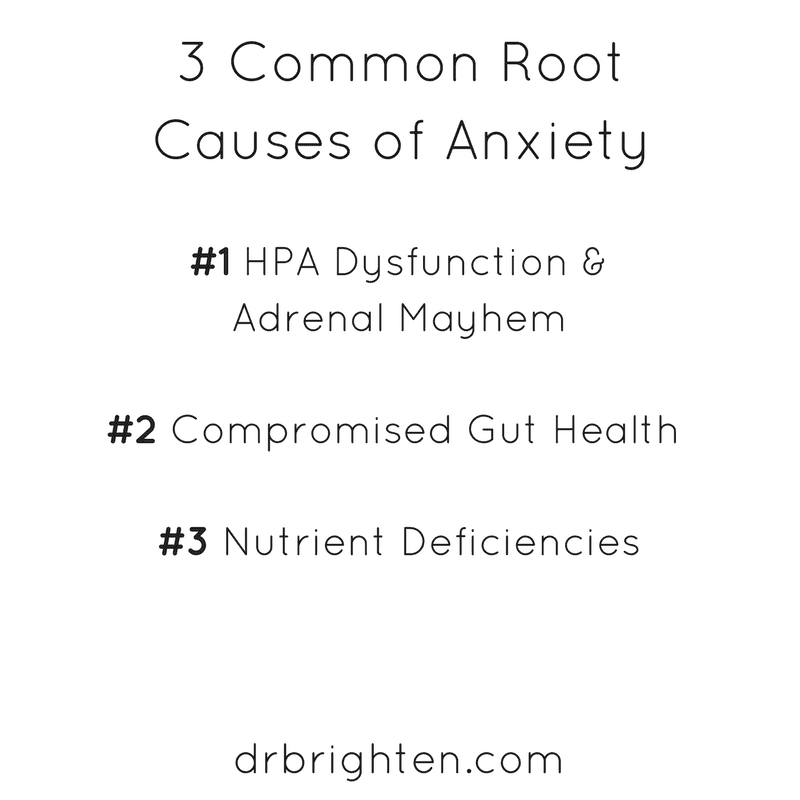 ”
”
She and her therapist decided to set ground rules. “If I was to continue using social media, I had to learn what would trigger my anxiety and how using different platforms made me feel,” says Michelle.
The result was her deleting Snapchat for good, and after 5 years, she still doesn’t miss it. She’s still active on several other platforms, though.
Sperling encourages people to conduct their own behavior experiments by rating their emotions on a scale of 0-10, with 10 being the most intensely one could experience an emotion, before and after using social media sites at the same time each day for a week.
If one notices that one feels less happy after using them, then one might consider changing how one uses social media sites, such as using them for less time and doing other activities that one enjoys instead.
Self-Care Is Important
McLean develops free and reliable mental health resources for the public and professionals to promote healthy individuals and communities.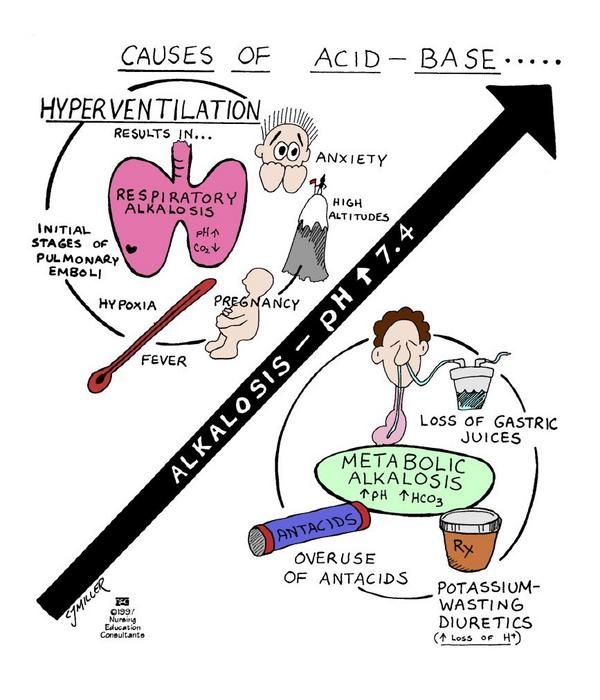
Sign Up Now!
A 2018 University of Pennsylvania study suggests that such self-monitoring can change one’s perception of social media.
The study’s researchers looked at 143 undergraduates randomly assigned to two groups. The first set was asked to limit Facebook, Instagram, and Snapchat to ten minutes per platform per day, while the second was asked to continue to use their social media as usual for three weeks.
The limited group showed significant reductions in loneliness and depression during those three weeks over the group that continued using social media.
Both groups showed significant decreases in anxiety and fear of missing out compared to where they were at the study’s beginning.
“I’d love to say that my use is totally healthy, but I find that I’m still comparing myself to others,” Michelle says.
“Now I can recognize what’s going to help or hurt my mental well-being. My therapist and I agreed that I’d set limits on my app usage to two hours a day across all platforms. Now I know when it’s time to log off and take care of myself.”
My therapist and I agreed that I’d set limits on my app usage to two hours a day across all platforms. Now I know when it’s time to log off and take care of myself.”
Set a Good Example
Parents can develop a plan of how much time family members will spend on devices. Strategies like these teach kids healthy media use and good sleep hygiene.
When teens start using social media, parents can ask them to turn in their phones at night with the understanding that parents can review posts and messages. This helps parents be in the know, as sometimes young people will share struggles online while parents have no idea.
Monitoring also encourages teens to remember that everything they share online is a permanent fingerprint. If they don’t want their parents to see it, then it shouldn’t be posted.
Sperling suggests that some families modify the ways they use social media. Try a “no selfie” policy or a rule that kids can post pictures of tangible objects but no photos of themselves.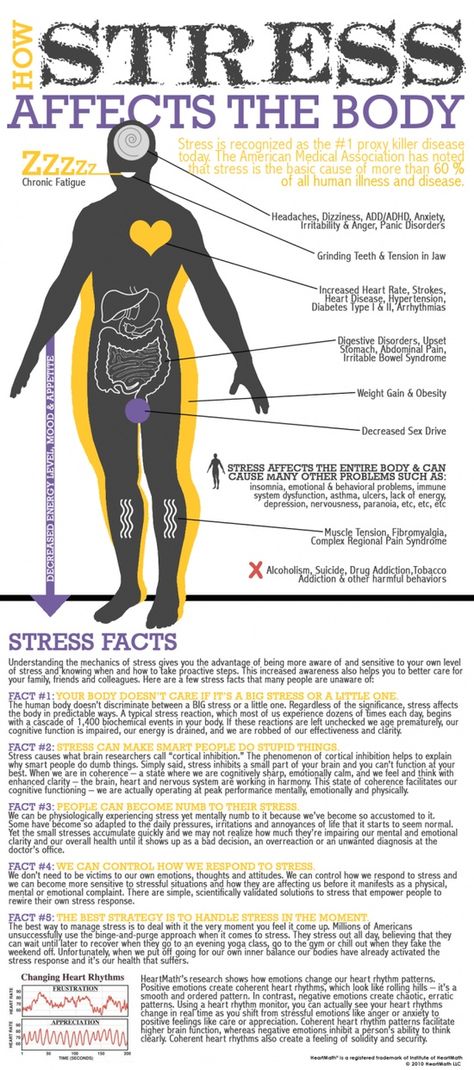 This way, children can share their experiences without emphasizing a focus on their appearance.
This way, children can share their experiences without emphasizing a focus on their appearance.
A common argument is when children say they are missing out because of restrictions placed on their phone use—that they aren’t allowed on a platform or can’t be online after a certain time.
“Parents’ frequency of electronics use can set the tone for what is permissible to their children. If you want your children to put their phones down at dinner, that will be more likely to happen if you do the same.”
– Dr. Jacqueline Sperling
Sperling tells parents to remind kids that a good friend would find a way to spend time with them. She suggests other ways for kids to talk to one another to keep those feelings of FOMO away and be socially present.
“If adolescents know that they cannot use their phone after a certain time or are not allowed to access a site that their friends use, then they can ask their friends to let them know of any plans made when they see each other at school or call the house phone or one of the parent’s phones so that they can remain included. ”
”
Of course, Sperling says, the way parents are using social media is the model for their kids.
A University of Texas review of research on parents’ use of mobile devices while interacting with their children found that mobile use contributed to distracted parenting, an increase of bids for attention when the parents were distracted, and conflicts with other caregivers.
“Parents’ frequency of electronics use can set the tone for what is permissible to their children,” Sperling says.
“If you want your children to put their phones down at dinner, that will be more likely to happen if you do the same.”
Topics
- Anxiety
- Mood Disorders
- Jacqueline Sperling
Facebook and Twitter make you feel anxious and jealous. Read on Cossa.ru
July 12, 2012, 03:30 pm
Salford University Business School conducted a study for Anxiety UK (a national charity) which showed that the use of social networks such as Facebook and Twitter makes people feel uncomfortable: they cause anxiety and envy .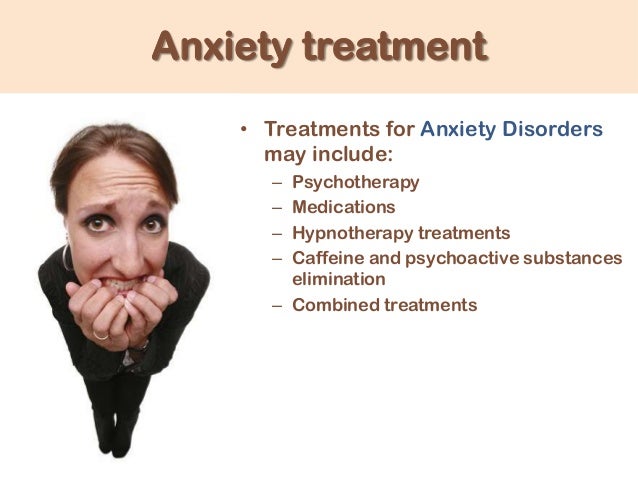 A total of 298 people took part in the study.
A total of 298 people took part in the study.
Share
Share
More than half of those surveyed believe that websites have helped change their behavior for the worse - and half of them said that their lives have changed for the worse.
Most often, those who have suffered from the negative influence of social networks admit that their confidence has decreased due to the fact that there is a constant process of comparing personal achievements with the achievements of friends. Two-thirds of those surveyed said they had difficulty fully relaxing or falling asleep after spending time on the sites. A quarter of those who took part in the survey said that they experienced difficulties in relationships - work and personal - after the conflict in social networks.
The study also showed that the internet is addictive: 55% said they felt "restless or uncomfortable" when they couldn't access Facebook or email. At the same time, more than 60% said that they were forced to turn off electronic devices in order to take a break: and one third of them admit that they turned off their gadgets several times a day.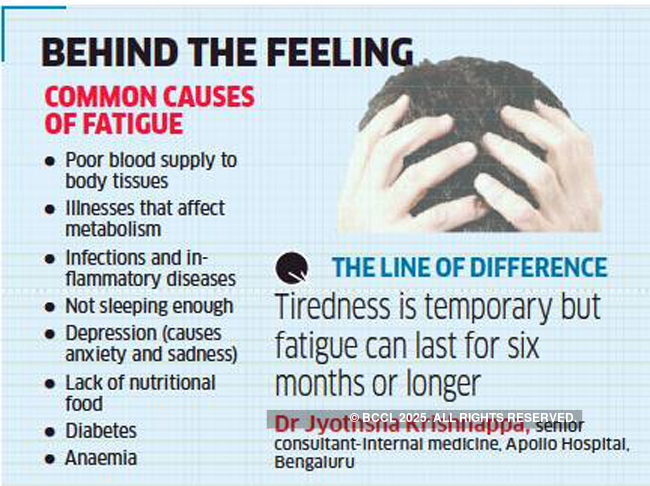
I think one of the key things is that people have begun to behave as if technology is controlling them, and not vice versa. It's possible to turn off devices, but many of us have forgotten how to do it, says Dr. Linda Blair, clinical psychologist.
Last year, a global study found that turning off mobile phones, not using the internet, and not watching TV caused people to experience withdrawal symptoms.
Scientists asked volunteers from 12 universities around the world not to use computers, mobile phones, players, TV and radio for 24 hours. They found that the participants began to develop symptoms commonly seen in smokers trying to quit. Most of those who volunteered and started the experiment did not last 24 hours demanding their gadgets back.
Source: The Telegraph
Brand Hub is the first online service for building a strong brand.
We create: brand platform, logo, corporate identity, packaging, brand book and adaptations for marketplaces.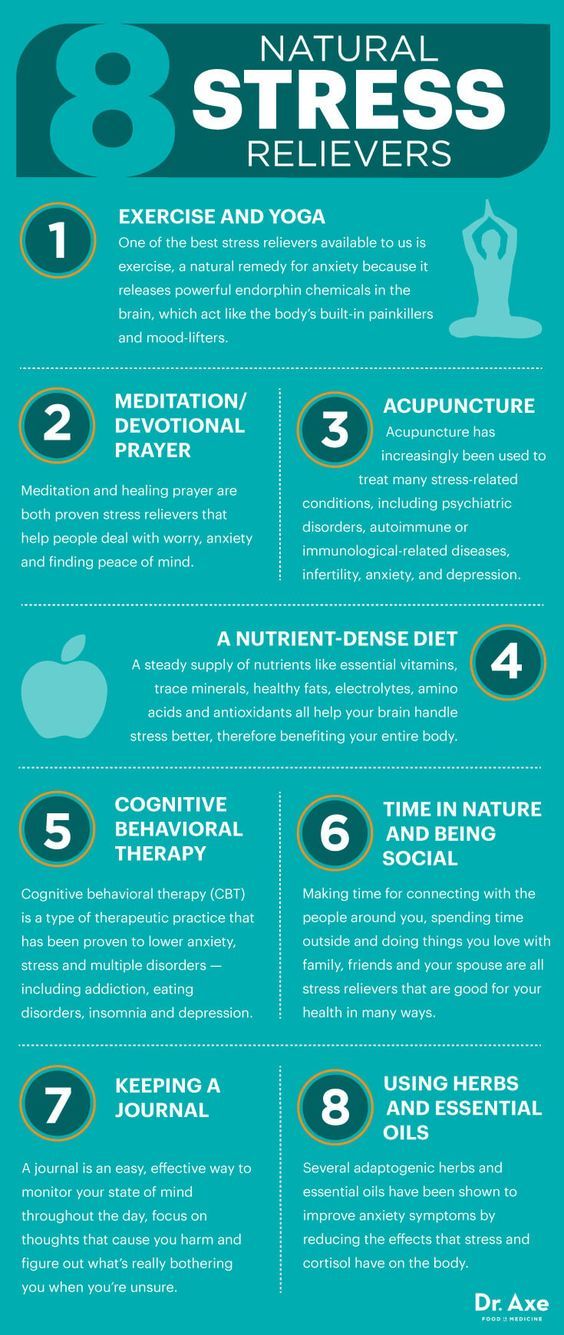
Our main advantages: low price, high quality, fixed terms, thanks to process automation and a smart algorithm that will create a brand strategy and select a team led by an art director, ideal for your business challenge.
More than 500 businesses have created their brands on the Brand Hub service. Join the successful entrepreneurs.
Modern brands are created like this →
Advertising. LLC "Double yu pi ef". OGRN 1137746299789. TIN 7727802345.
Share
Share
Are social networks beating you up? Learn to survive in an age of digital anxiety
- Alina Dizik
- BBC Capital
Sign up for our ”Context” newsletter: it will help you understand the events.
Image copyright Getty Images
Most of us sooner or later realize that surfing the Internet means wasting our time.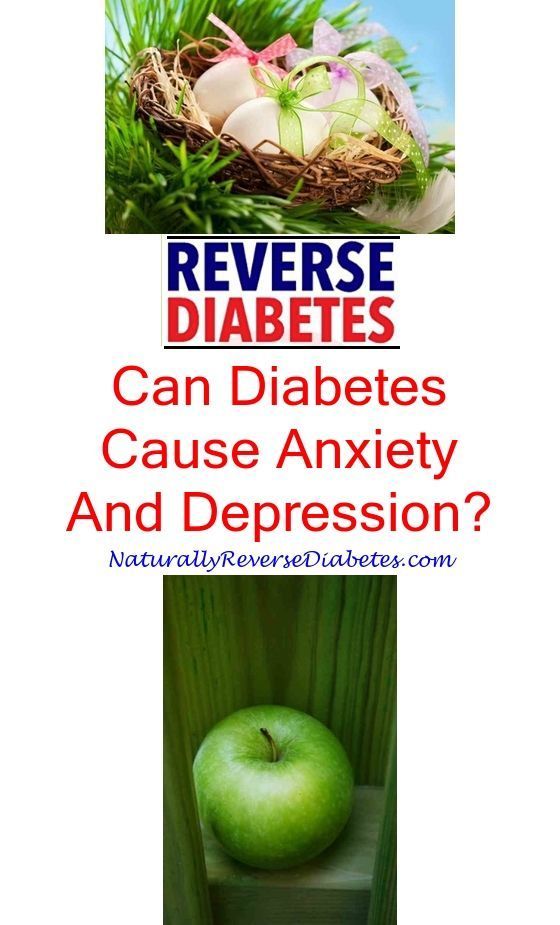 But we can't help ourselves. BBC Capital columnist advises giving up virtual reality entirely, even if only for a short period of time, to help you develop healthy habits.
But we can't help ourselves. BBC Capital columnist advises giving up virtual reality entirely, even if only for a short period of time, to help you develop healthy habits.
Leaving his home in Long Beach, California to spend a few days on the south coast of Panama, David Erickson has to forget his smartphone for a while.
Where he is going, there is no wireless internet, there is no data transmission - no social networks and e-mail for you.
- Reboot: going offline can prolong your life
- "Fifth floor": is it possible to live without the Internet?
- How to regain control over your own life
- NoPhone or fashion to combat gadget mania
Even to make or receive a call, you need to find a point where there is a connection.
"My phone is only good for telling the time," says Erickson, founder of a digital conferencing company.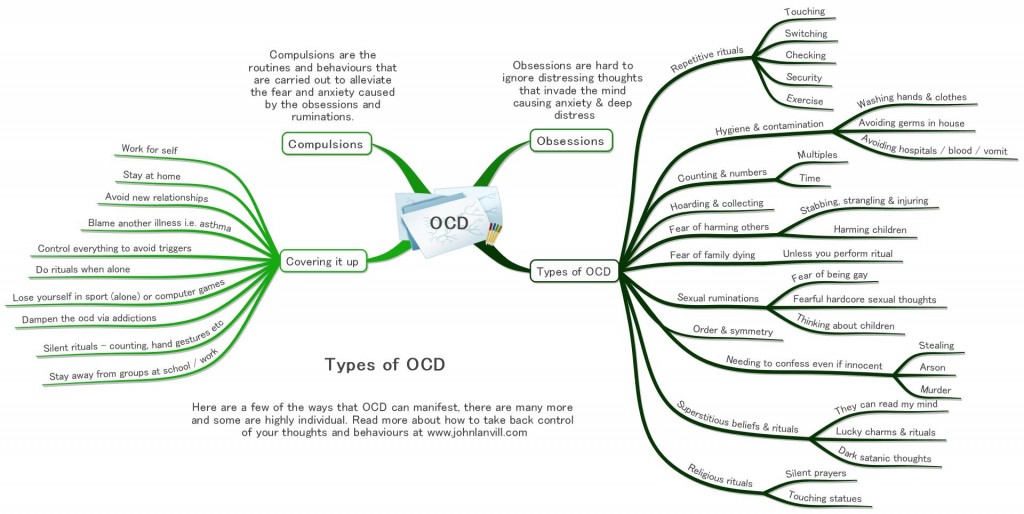
As a rule, his vacation lasts four days, and for the first one and a half of them, due to the lack of communication, he feels anxiety.
He often looks for places where there is a signal, considers going to the nearest hotel to connect to the Internet, albeit a slow one, and tries to get through to the office on those rare moments when mobile network access appears.
According to him, it is very difficult to give up this habit, at least at first.
"I feel like the ground is slipping from under my feet. Separation anxiety just drives me crazy," he admits.
Image copyright, Getty Images
Image caption,Many people want to spend less time online, but without a smartphone they start to feel extremely uncomfortable
The era of anxiety
We understand that we waste a lot of time using social networks. But this problem is only getting bigger.
According to a 2016 Deloitte study, we have never been more dependent on our smartphones.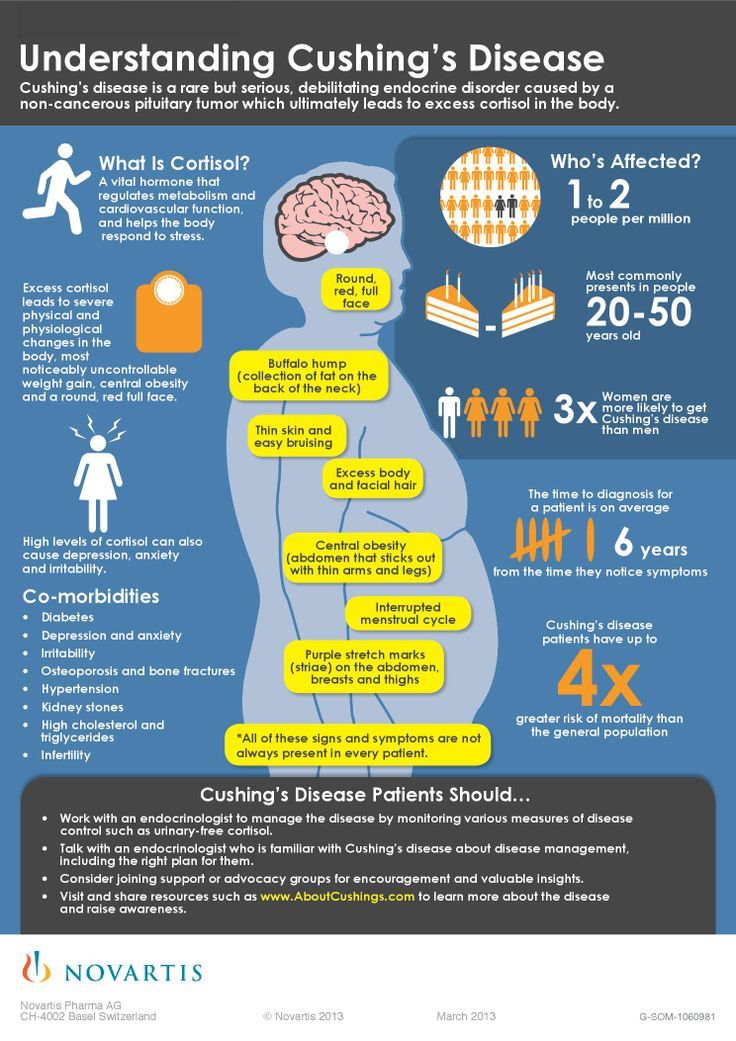
And Pew Research found that the number of active Facebook users has reached 1.86 billion people. 24% of internet users use Twitter and 29% use LinkedIn.
Moreover, Facebook claims that users of this social network spend an average of 50 minutes a day on it.
Many of us set high goals for ourselves, such as not engaging in Facebook discussions during work hours or not being distracted by our phones at the dinner table.
However, when we try to break these habits, we often feel anxious.
According to Stefan Hoffman, professor of psychology at Boston University and an expert in emotion research, abstaining from social media can make us feel anxious and have an overwhelming urge to check our account.
This can be called a digital alarm. Hoffman believes that if a person experiences negative emotions about using social networks for a long time and the inability to refuse them, he can fall into a depressed state.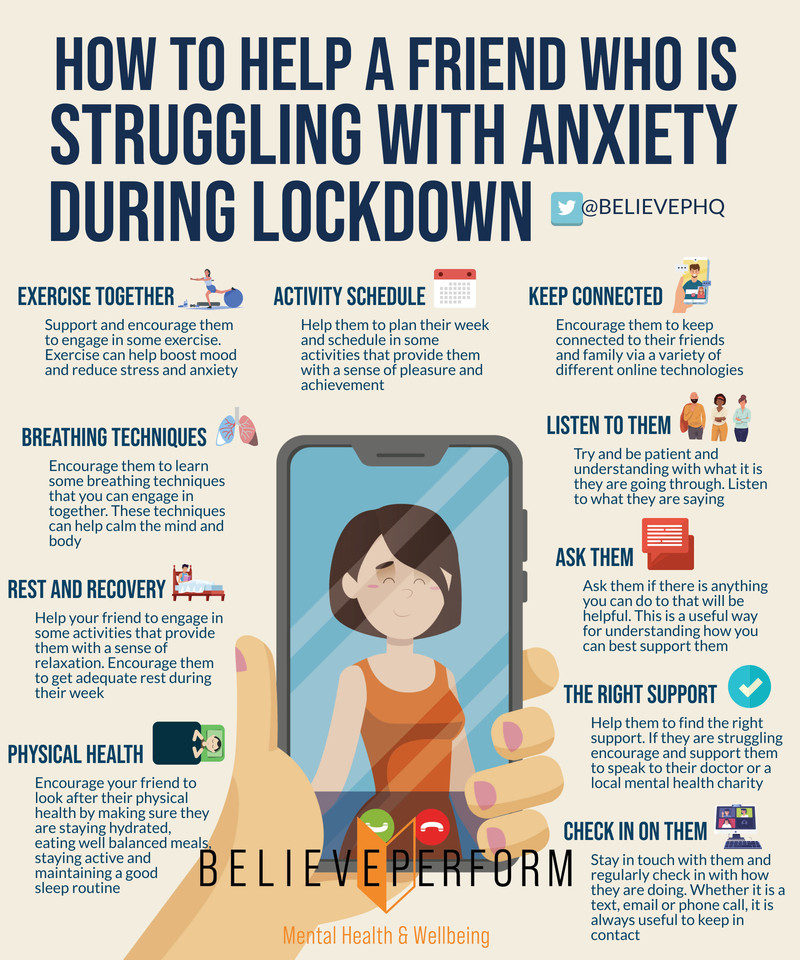
Unable to cope with our addiction, we feel unhappy and distressed.
Image copyright, Getty Images
Image caption,Some people constantly feel the need to keep track of possible threats or political news on their smartphones
Hofman adds that some people become nervous about not having internet access on their smartphones because they feel the need to track possible threats or political news.
"We live in an age of anxiety," he says.
Good reasons
Many of us would like to spend less time online, but every time we put our smartphone away, we start to feel anxious.
Researchers from the Hungarian Academy of Sciences and Eötvös Lorand University in Budapest found that three-quarters of young people who lost their smartphone exhibited so-called "displaced behavior" - for example, they began to fiddle with something in their hands or scratch.
Christina Kruk, author of Joy of Missing Out, believes that digital anxiety can only be dealt with effectively if you make it clear to yourself why you want to change your online behavior.
She advises finding a reason for leaving the network that fits your values.
For example, just remind yourself that the time you spend on social media you could spend with your family or friends.
Kruk believes that a clear understanding of the significant benefits you receive in return will help combat fears and concerns about leaving the virtual world.
"If you don't have a good reason to quit social media, no amount of willpower will help you," she says.
Image copyright Getty Images
Image captionQuitting social media can make you feel like you've lost something. While most likely you have lost absolutely nothing
We want to always stay in touch - for a variety of reasons.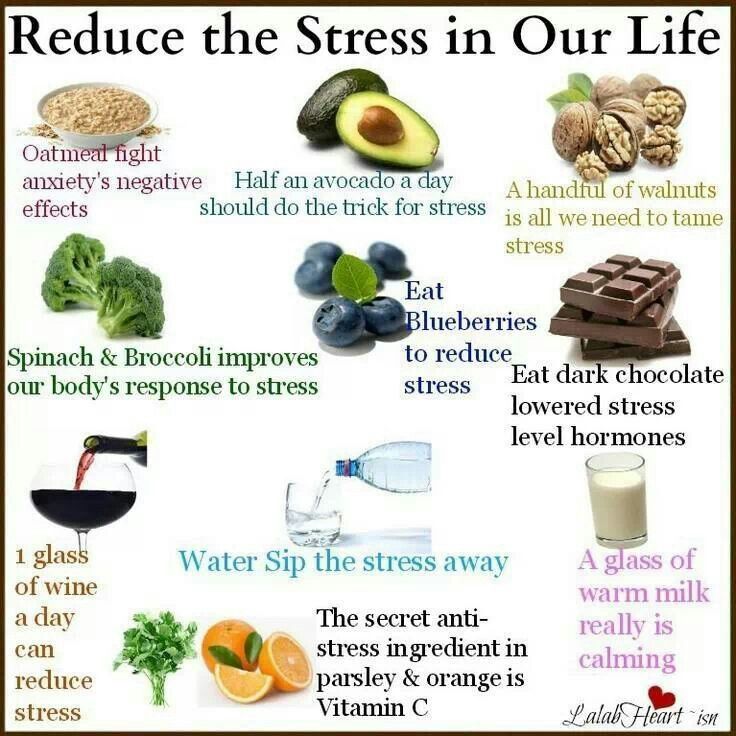 Someone is afraid that they will miss an invitation to an event or gossip about friends and acquaintances that interests them. Someone is worried about their carefully maintained online image or is forced to be active in social networks due to their work.
Someone is afraid that they will miss an invitation to an event or gossip about friends and acquaintances that interests them. Someone is worried about their carefully maintained online image or is forced to be active in social networks due to their work.
Tell yourself honestly what you are going to do online and how it will really benefit you. This may also help.
Chris Dagan, CEO of IT company Betterworks in Redwood City, California, used to use Facebook to relax between work tasks.
But he doesn't do that anymore. "It was a way for me to get distracted and get some rest," he says. Now his feed is flooded with political posts, and he feels that he is losing concentration and irritated.
Dagen says he's still interested in some publications, but admits that being on the social network no longer helps him relax.
Thanks to this, he was able to get rid of his addiction without experiencing any negative emotions about it.
Last month, Dagan's firm conducted a survey and found that employees spend an average of two hours a day reading political news, and nearly a quarter of them spend three or more hours a day on social media.
Image copyright, Getty Images
Image caption,Someone doesn't go offline because they're afraid they'll miss an invitation to an event or gossip they're interested in about friends and acquaintances
Digital detox - yes or no
Giving up on social media can make you worry about what you've lost.
However, Krook argues that a complete abstinence from social media, albeit for a short period, the so-called "digital detox", can help form new habits and learn to control your impulses.
"Digital detox really reduces anxiety because the game is so clear and you don't have a choice," she says.
Use the special blocking features or remove certain apps from your phone so you can limit your social media activity while reducing the anxiety associated with it.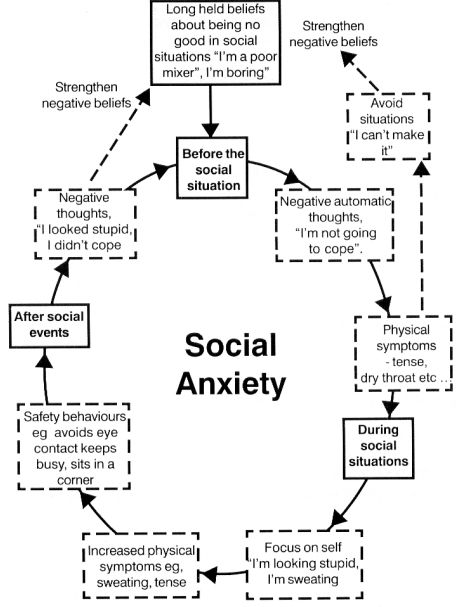
Since it is most difficult to give up virtual reality in the evening, Crook puts his smartphone away after 20:00.
But this is not the only solution. For those looking to spend less time on social media, Hoffman recommends the following.
First you need to think about what you are looking for in them, and then determine which aspects of social networks attract you the most in order to effectively fight your impulses in the future.
This may not be easy. According to Hoffman, social networks are designed to bring people together and save them from loneliness, but people are gradually beginning to understand that their online communication is artificial, not real.
One of the advantages of social networks is that they give us a sense of belonging, community, belonging, while eliminating the need to communicate face-to-face.
Image copyright, Getty Images
Image caption,A digital detox will help you form new habits and learn to control your impulses
"It's just a way to find like-minded people and feel important," says Hofman.